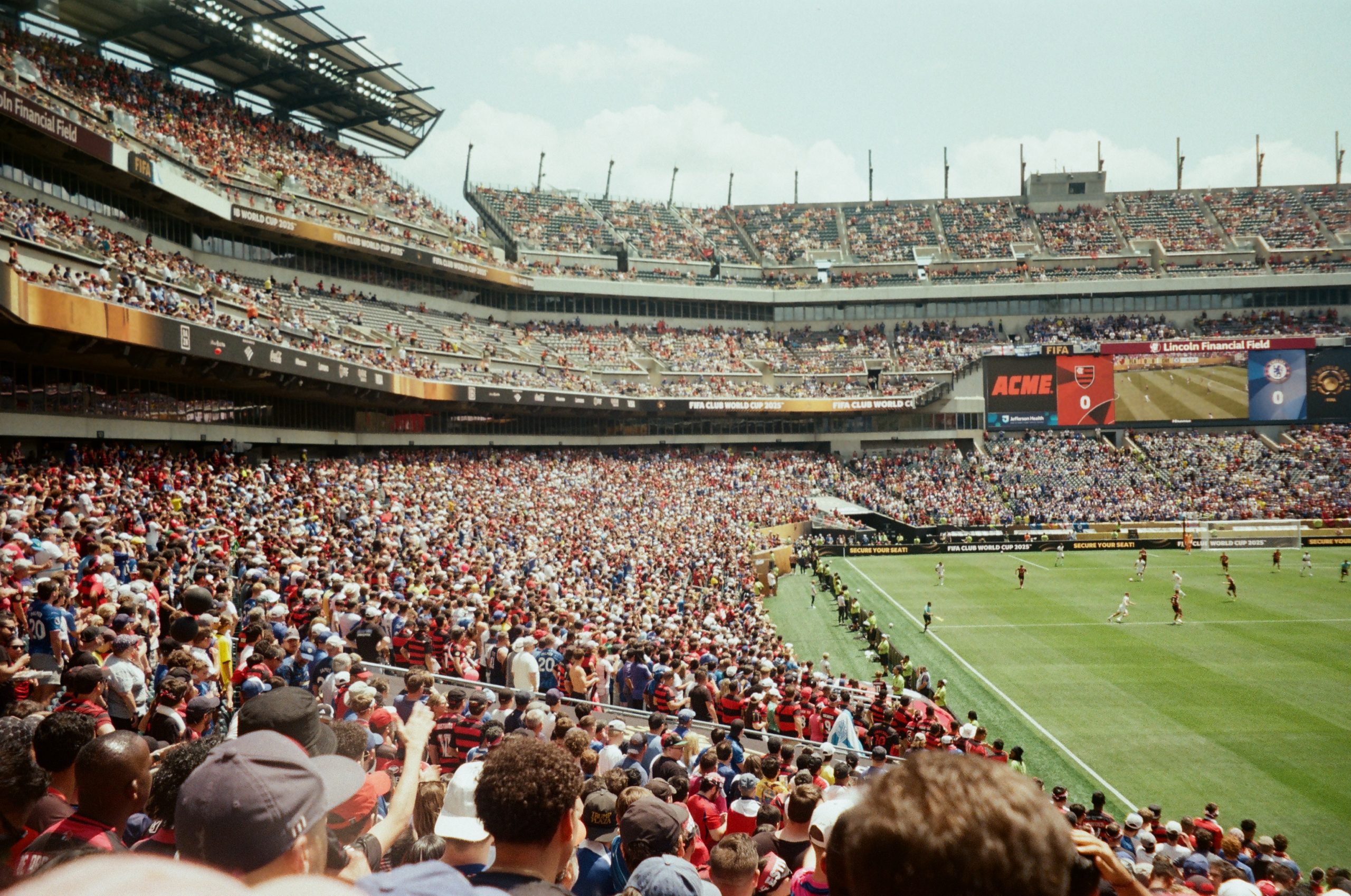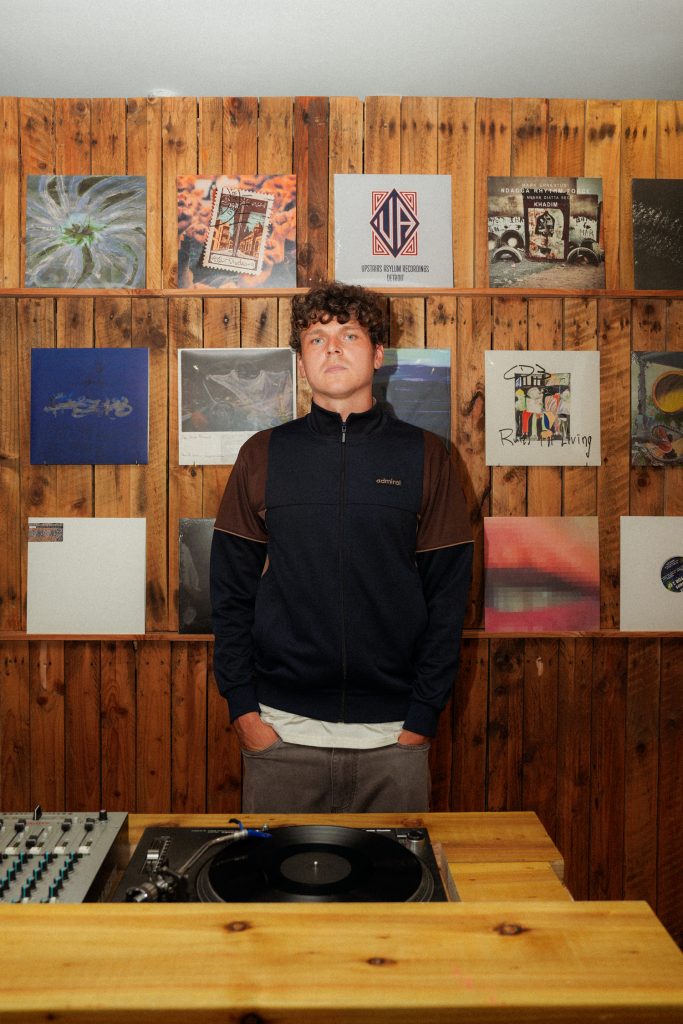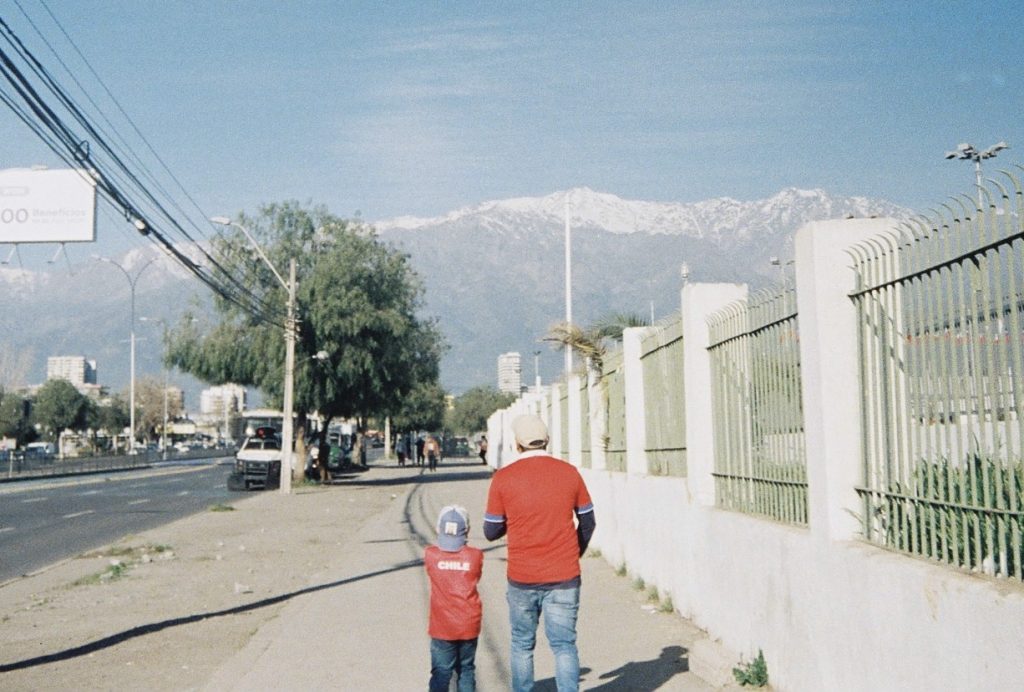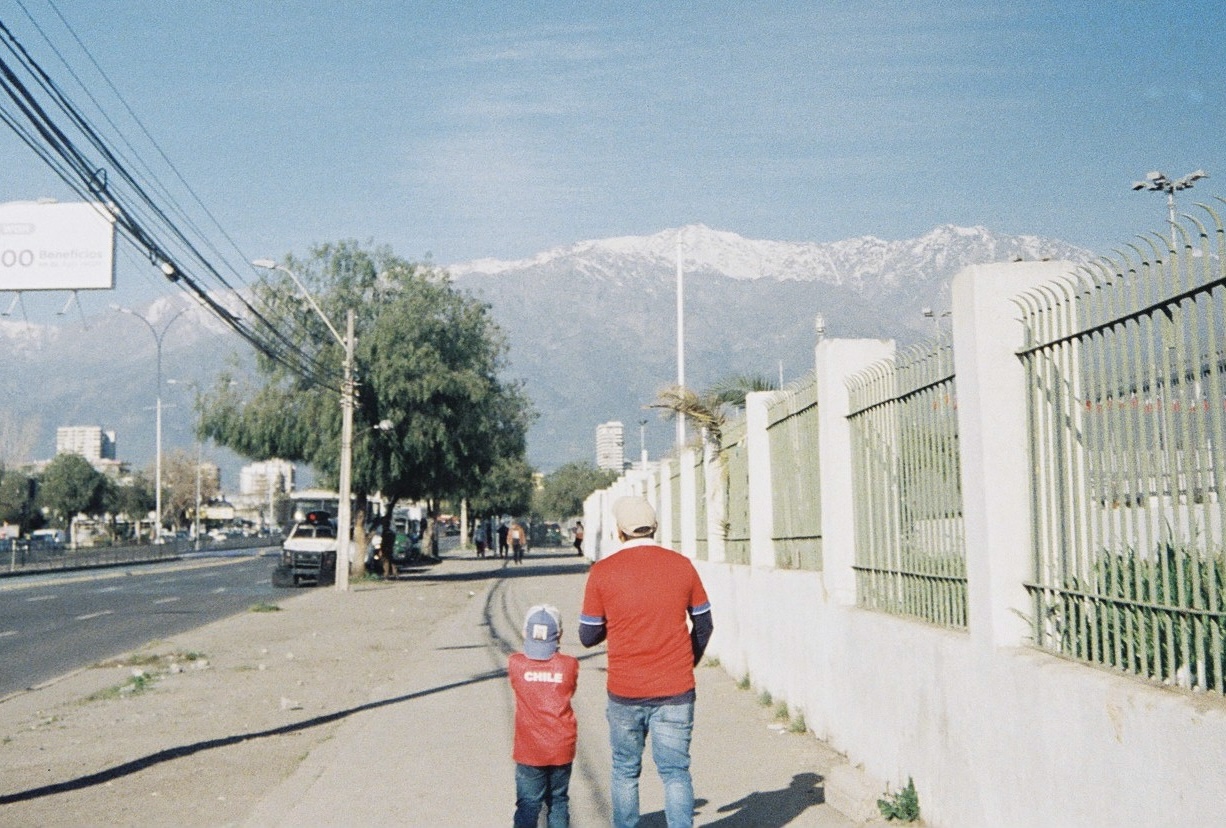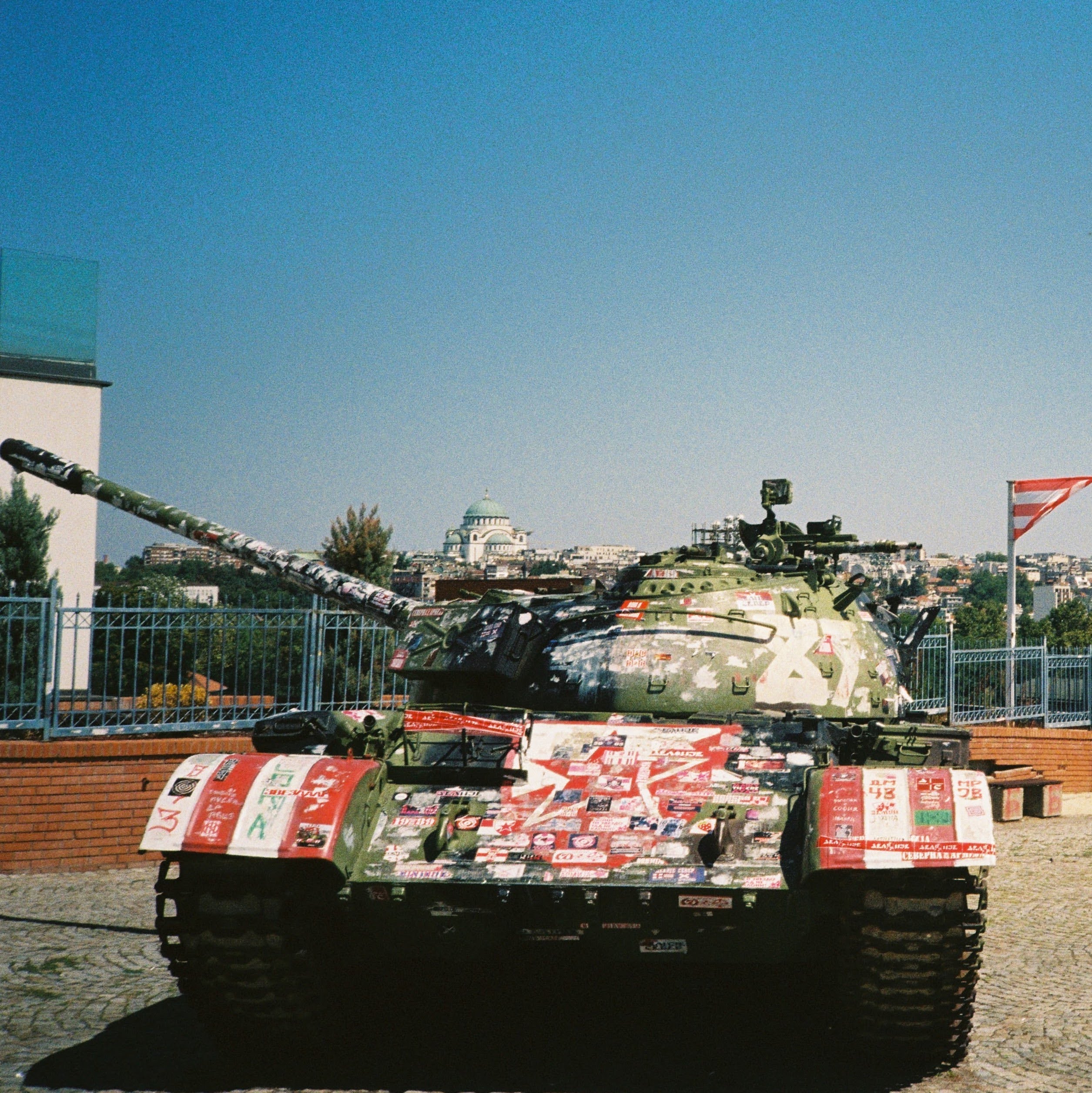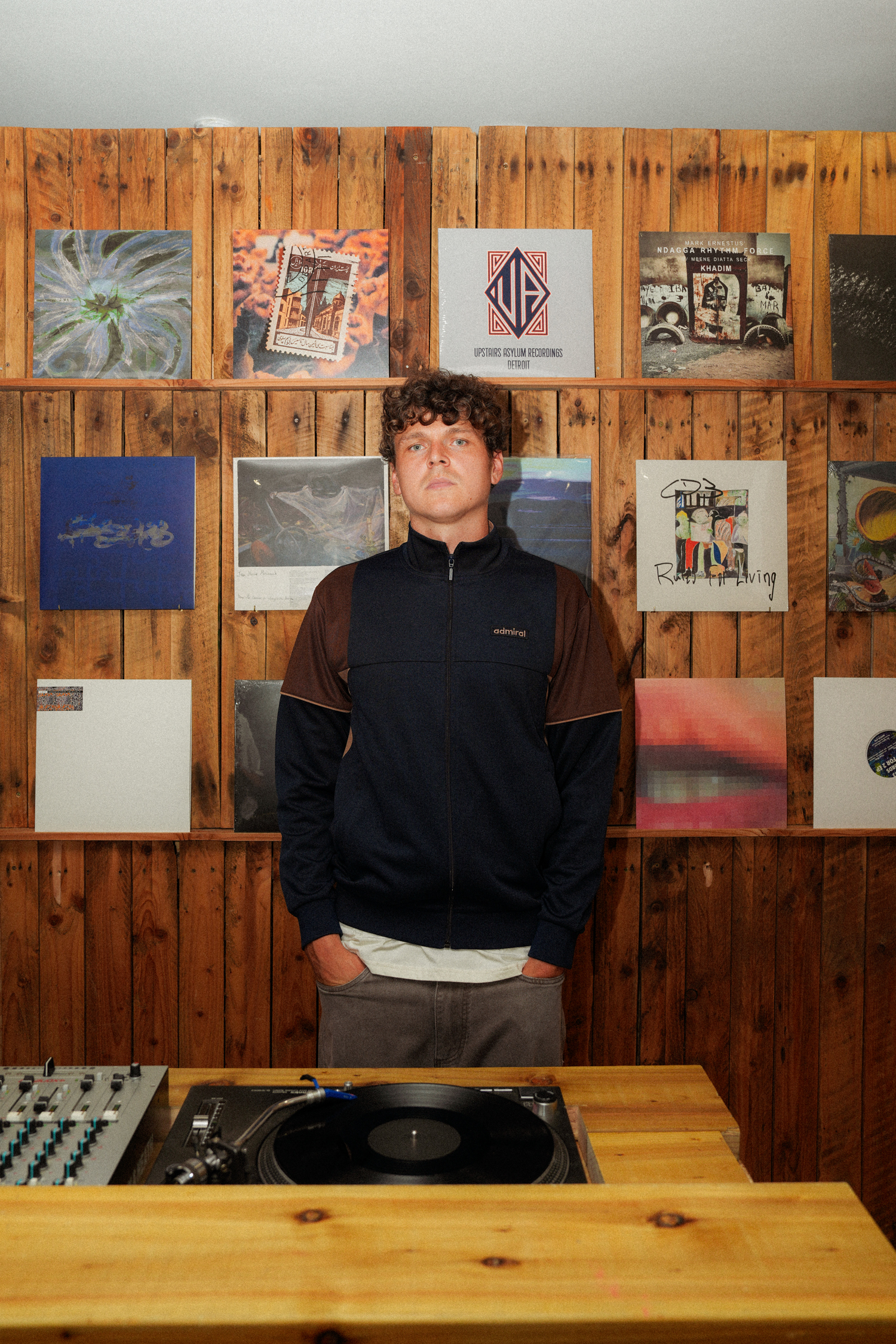In an industrial corner of San Diego, a quiet transformation takes place every time Flamengo plays. The cosy restaurant Brazil by the Bay becomes unrecognisable. Red and black banners unfurl. Drums echo through the walls. Portuguese chants rise — “MENGO!” It’s not just a football match. It’s a homecoming.
Clube de Regatas do Flamengo, based in Rio de Janeiro, is one of Brazil’s most iconic football clubs. Known for its enormous fanbase, passionate supporters, and deep cultural significance, Flamengo stands for far more than sport. It is a symbol of national pride and identity.

Holding on to Home Through Saudade
For thousands of Brazilians living in the United States, the idea of “home” becomes layered. It’s as much about memory as it is geography. Many emigrate in pursuit of better opportunities — financial security, stability, a new future. But what they leave behind can’t be replicated. The Portuguese word saudade expresses it perfectly: a deep, aching nostalgia for something lost but never forgotten.
This is where Califla enters the picture.

Califla: More Than a Fan Group
Short for “California + Fla” (Flamengo), Califla is more than a supporters’ club — it’s a sanctuary. Born in San Diego from the hearts of a few homesick Brazilians, it has since grown into an official Flamengo Consulate, formally recognised by the club in 2019. But more than status, it represents a unique fusion of sport, identity, and grassroots community — a vibrant diaspora success story with samba in its step and a mission at its core.
For co-founder Cristiano “Noati” Maltarollo, Flamengo isn’t just a pastime — it’s a birthright. “My father baptised me in the Flamengo pool,” he jokes. A multi-sport athlete from Rio, Noati moved to the U.S. in 2005 as a language student before later pursuing an MBA. Califla, for him, is a way to stay grounded in a world that can feel adrift. “It’s hard for an immigrant like me, living here for 20 years, to stay connected. This is how I hold on to my roots.”
And in that, he is far from alone.

Samba, Smoke, and Shared Memory
At Califla gatherings, music and memory intertwine. Drums pound. Flags wave. Strangers become family. For musician and co-founder Randal Nogueira, the energy echoes that of Maracanã Stadium, where his older brother first introduced him to Flamengo in all its glory. “It was raw hustle, passion — just people and purpose,” he recalls. “It was freedom.”
That same spirit coursed through the crowd during Flamengo’s epic 2019 Copa Libertadores triumph — one of the club’s greatest modern moments. As the team staged a stunning comeback in the final minutes, black and red smoke filled the San Diego streets. Hundreds of fans celebrated outside Brazil by the Bay, tears streaming, samba rhythms booming. “It was crazy,” remembers Paulo Roberto da Silva, affectionately known as Paulão. “It was therapy.”

Beyond Football: A Platform for Purpose
For Paulão, now Califla’s Director of Social Work, the group is more than fandom. “It’s about connection. About purpose,” he says.
Over the years, Califla has evolved into a platform for community action. They organise toy drives and donation campaigns, support children across the U.S.–Mexico border, and raise awareness for causes like bone marrow registration. What started as a social club has blossomed into a force for good.

Embracing All Who Feel the Rhythm
Califla’s reach now extends far beyond the Brazilian diaspora. Hawaiian-born samba musician Maile Aguerre discovered Flamengo through Brazilian surfers visiting Hawaii. That spark led her to learn Portuguese, study in Brazil, and eventually lead a samba school. For her, joining Califla was like finding family. “Playing with them is unmatched,” she says. “They embraced me. Even now, living in Brazil, I still feel deeply connected to Califla.”
This spirit of inclusivity is baked into Califla’s ethos. The community welcomes anyone who shares a love of Flamengo or Brazilian culture, regardless of origin or passport. It’s not just about loyalty to a club. It’s about belonging.

Born of Struggle, Fuelled by Hope
For founding member Felipe “Felipão” Romaneli, Flamengo has always been personal. “Growing up, the club wasn’t winning. But we never gave up. That struggle, that hope — that’s what makes being Flamengo so powerful.”
Felipe arrived in San Diego in 2000. At the time, Flamengo was far from stable — riddled with financial and structural issues. But that made every win sweeter. “It was never easy, but we never gave up. We knew the situation wasn’t the best, but we always had hope. The spirit, the passion — it was bigger than the adversities.”

A Chant, A Rhythm, A Reminder
That’s what makes Califla more than a fan club. It’s a lifeline — a heartbeat — keeping Brazilians tethered to their roots while embracing those who join the rhythm. It’s proof that home doesn’t always have to be a place. Sometimes, it’s a drumbeat. A chant. A smoky California afternoon where a goal in Rio feels like it happened right in front of you.
In a world that often asks us to let go of where we came from, Califla reminds us who we are.

Our thanks to Mallory Adranga.
All words by Mallory Adranga
Images by Felipe Romaneli.

